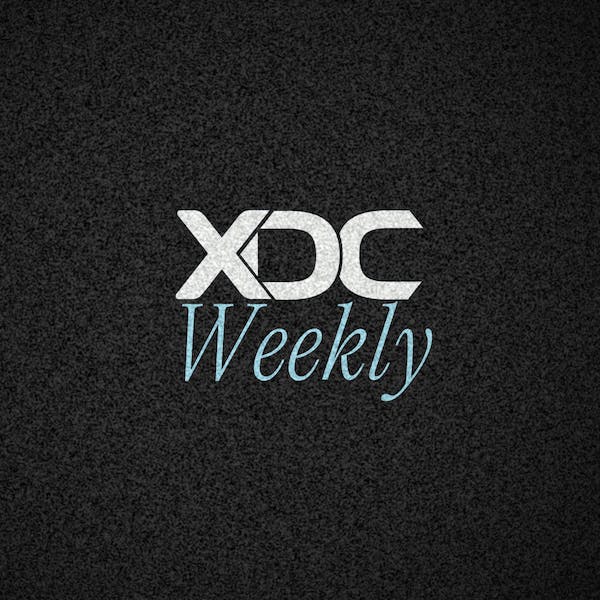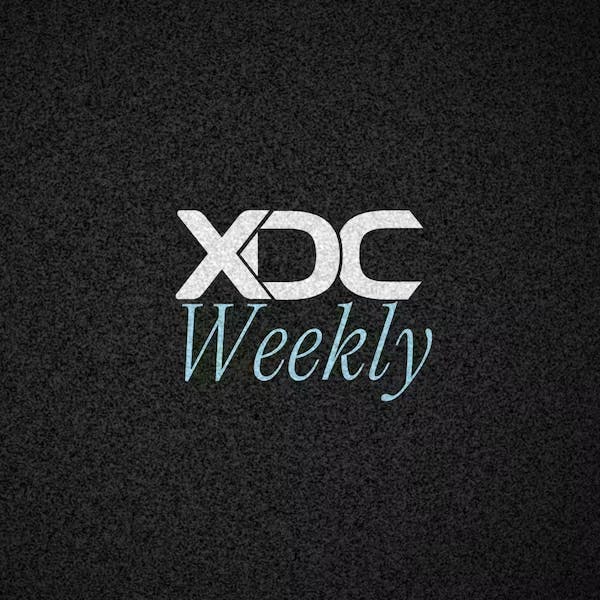Most people recognize how the internet and associated technologies have revolutionized everyday human life. Through online retailers, social media and increased access to information, the internet drives our modern economy.
Smartphones, applications, email, social media, audio and video streaming, online banking, podcasts, cloud storage, and online gaming have formed a bedrock for increased consumerism and thriving digital economies.
These digital economies have been undergoing perpetual transformation ever since the first programming languages. After all, in the early days of the internet, huge warehouses hosted giant computers that couldn’t compete with the average home computer today. Now we have cloud-based databases and handheld devices sharing data with millions of users, on demand.
The above innovations make the once seemingly impossible, possible. Despite these advancements, we often fail to recognize how revisions to web-based solutions perpetuate the growth of the global economy.
Subtle technological progressions have allowed entire industries and platforms to emerge under our noses. Smart phones, for example, have created an entire class of business — mobile apps — while the creation of HTML/CSS created an entire industry of websites. Less visible technologies like cloud computing through Amazon Web Services (AWS) allow for applications to have a consolidated global infrastructure that can be managed via software, instead of hardware. Without these subtle revisions to technology, applications like Netflix, AirBnb, Uber and other new revolutionary startups would have to build and host their own infrastructure world wide — a feat that would slow the growth of their businesses and reduce impact on consumers.
We can see a similar arc with blockchain technology in the modern age.
For many, the predominant application of blockchain technology is merely through highly visible cryptocurrencies. Today, people recognize the ability to move abstract value between two or more parties by sending tokens on a blockchain network.
However, the impact of this technology reaches far-beyond this simple application. How exactly this next generation of the internet, known as Web3, may affect our day-to-day lives is, in part, a mystery. But we can identify areas of potential impact.
One such example of potential impact exists in the form of twenty-four hour financial services. Supported by blockchain technology, twenty-four hour financial services will enable instant confirmation of financial transactions–no matter the day or the time–enabling businesses to deposit checks, make transfers from one financial institution to another, and clear refunds outside of the traditional work week. As blockchains continue to decentralize the financial sector, outages will become increasingly less likely, and individuals will no longer have to rely on a single party to support their online financial activity.
Case in point: In late 2021, Meta shut down for 6 hours, and lesser known services, forums, blogs, and other platforms have disruptions regularly. We accept these outages as part of the digital economic landscape, but it’s clear there is opportunity for improved reliability. Blockchain will help fix this, as no one person, government, or localized natural disaster can take down a decentralized blockchain network.
We will see additional improvements through decentralized applications (dApps). Currently, our mobile applications connect to large corporate servers to run their systems’ backend logic. This is both costly and relatively unreliable as there are more opportunities for failure between systems. And this cost raises the barrier to entry for creating internet applications that allow users to interact with each other, further stifling creative development and limiting our choices as users.
Blockchain networks will allow for server-less operation of dApps. In practice, a blockchain network will function as an open-source server that anyone can use — the sort of groundbreaking development that we haven’t seen since the advent of the internet. Even the rare no-ad, free-to-use services of the past were hosted by large private servers that incurred serious costs. If the owner decided to shut down these services, they became defunct immediately, and users usually lost all of their data. With blockchain, dApp operators’ costs will be reduced, and users will have better assurances that they own their data.
On a dApp using a blockchain network, users will pay execution fees, also known as gas fees, based on their activity. These fees, which can be paid in the network’s native token, will undoubtedly be less costly than those set by Web2 technologies. In some cases, Web2 charges users through high-priced subscription models, but other times it is through bombardment of advertisements. Regardless, there is always a fee the user is paying. Using blockchain networks, there can be more predictability about the costs to users and more efficient ways of managing that cost.
Another Web3 advantage will come in the form of information transparency. While screenshots and financial statements can be manipulated, a blockchain’s public ledger cannot. Blockchain’s resistance to tampering also has data security advantages compared to traditional servers. It’s much harder for malicious actors to pretend they are someone else and gain access to on-chain private data.
Summary
Blockchain has the promise to make the internet more open-source and reliable than we’ve ever seen. It may usher in a new legion of startups by lowering the barriers — and the risks — for creators. Users will have more control of their own data, and financial transactions will be verified much more quickly and reliably. In almost all areas of digital life, Web3 will provide greater efficiency, security, and choice for users.
READ: Why You Shouldn’t Be Afraid of Digitization by Quincy Jones & Billy Sebell



